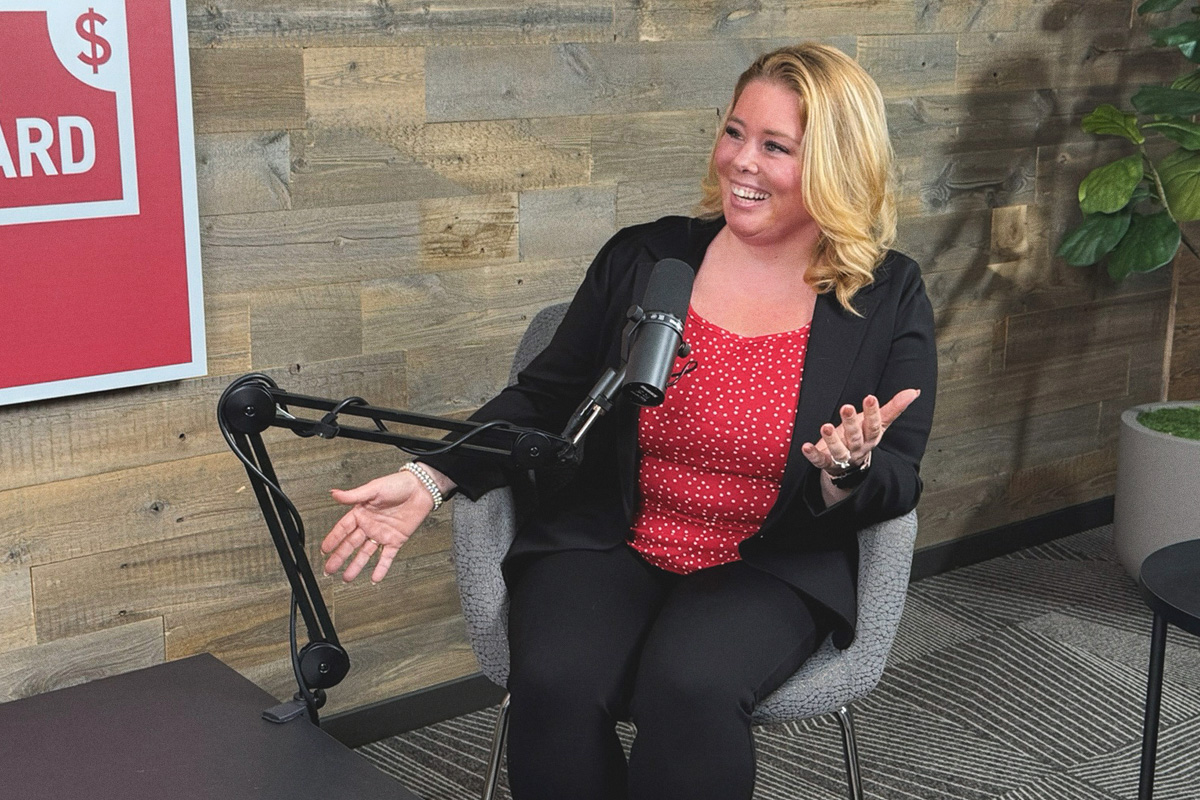

Beyond the Sticker Price—What You Need to Know Before Buying a Vehicle | Guiding You Forward
Quick Summary
Car buying can feel overwhelming—financing, trade-in values and unexpected costs. But what if you had someone in your corner who wanted you to get more value for your money? That's exactly what Jeannine Lynch brings to the table. As a veteran lending expert, she's flipping the script on traditional car financing by prioritizing your financial health over closing the deal. In this conversation with Chase Christensen, Jeannine reveals strategies that can save you thousands.

Purchasing a vehicle is one of the most significant financial decisions you’ll make, and understanding your financing options can save you both money and stress. In this episode of the Mountain America Credit Union Guiding You Forward podcast, our host Chase Christensen talks with Jeannine Lynch, vice president of indirect consumer lending, about how to navigate the car-buying process.
In this episode you’ll discover:
- The advantages of using a credit union.
- How to maximize the value of your trade-in vehicle.
- What the true cost of ownership is—and how to calculate it.
When it comes to auto loans, there are many reasons why financing with a credit union could be the best choice. Not only are credit unions not-for-profit—meaning you, the member, comes first—but they also prioritize looking at your overall financial picture to ensure the vehicle you want fits comfortably into your budget. “They really want to look for, how do we make you financially healthy,” Jeannine explains. “We want to get someone to an affordable budget and a reasonable vehicle.” If you don’t necessarily need a new vehicle (you just want one!), a credit union might even help you restructure your debt first—helping, in many cases, by lowering some of your other monthly payments. In a few months, your budget can be ready to handle a car payment without stretching you too thin.
Planning to trade in your current vehicle for something newer? Jeannine has smart tips to help you maximize its value. Start by detailing your vehicle before heading to the dealership—first impressions matter when dealers assess your car’s condition. But preparation goes beyond a good wash. She also recommends researching your car’s value to understand what it’s really worth and calculating your budget. Use our payment calculator to determine your target monthly payment. This keeps you on track and helps prevent overspending. Watch the full video to get more of Jeannine’s car shopping tips.
Many first-time car buyers are caught off guard by the additional costs that come with purchasing a vehicle. Licensing fees, title costs, registration and guaranteed asset protection (GAP) can add up quickly. Understanding these expenses before you shop can help you avoid sticker shock at the signing table. Additionally, consider whether leasing or buying makes more sense for your situation. Leasing could offer access to some more luxury vehicles with lower monthly payments, though ownership has its own benefits. Whatever route you choose, consulting with a financial expert and using resources like our used car checklist can help you become a smarter, more confident shopper.
Want to get more tips on purchasing a vehicle? Watch the full video above to learn more!